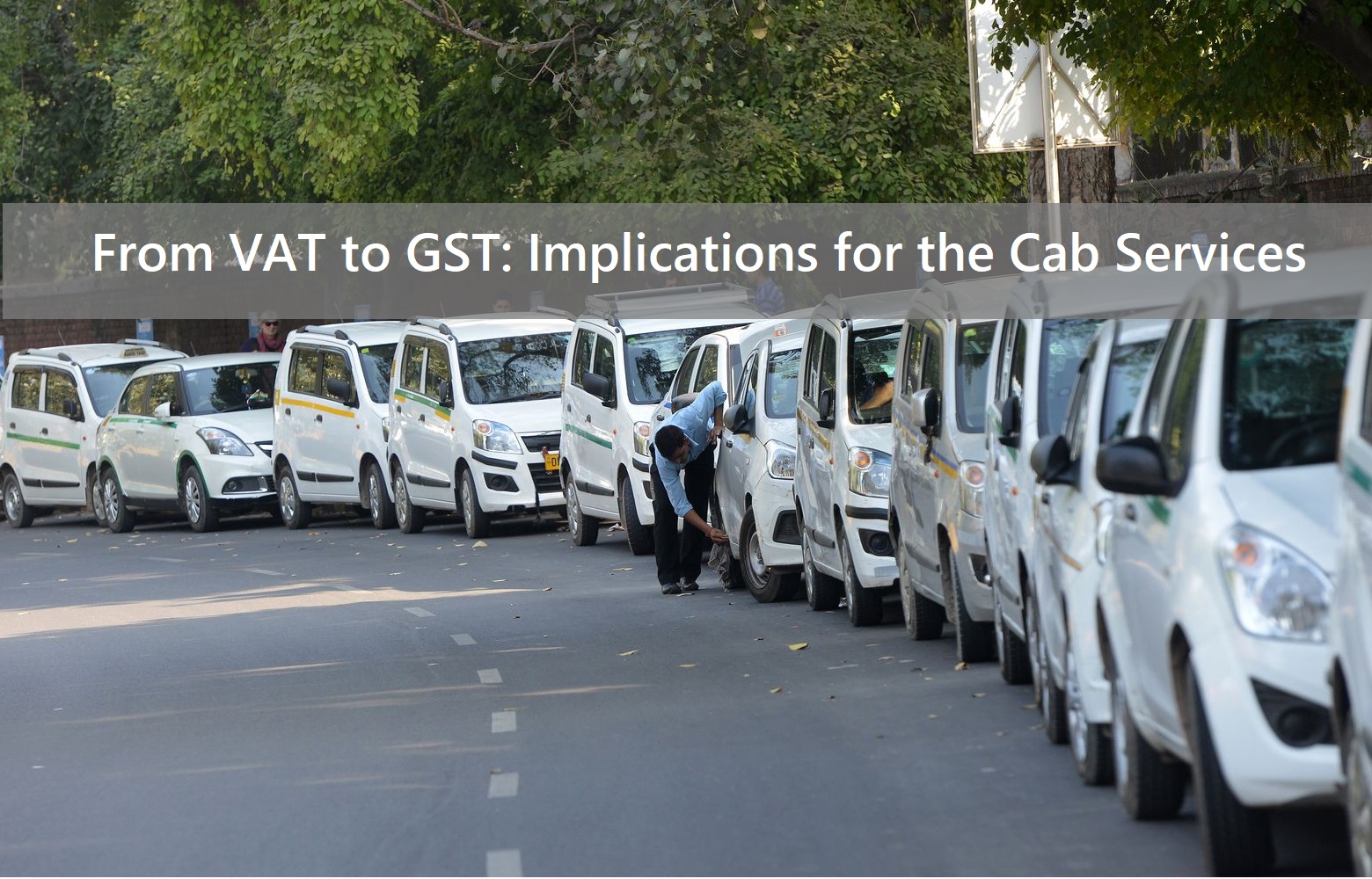Cabs have become an integral part of our daily life, providing a convenient and reliable mode of transportation for millions of people across the world. Whether it’s commuting to work, running errands, or traveling to a new city, cabs offer a hassle-free and cost-effective way to get around. With the advent of ride-hailing apps like Uber and Ola, cabs are now more accessible than ever before, with just a few taps on a smartphone. In addition to providing convenience, cabs also help to reduce traffic congestion, air pollution, and the need for car ownership, making them a sustainable transportation option for the future.

The Goods and Services Tax (GST) is a comprehensive indirect tax levied on the supply of goods and services in India. It replaced all indirect taxes levied on goods and services by the central and state governments. Cab services in India are one of the most popular services that come under the ambit of GST. In this blog, we will discuss the GST rates on cab services in India.
GST rates on cab services:
The GST rates on cab services in India depend on the type of cab service being provided. The GST rates on cab services are as follows:
1. Radio taxi or radio cab services: The GST rate for a radio taxi or radio cab service is 5%. This includes services provided by cab aggregators like Ola, Uber, etc. These services are provided through a mobile application, and the fare is calculated based on the distance travelled.
2. Rent-a-cab services: The GST rate for rent-a-cab services is 5%. This includes services provided by cab operators who rent out cabs with drivers. The fare for these services is calculated based on the time for which the cab is hired.
3. Self-drive car rental services: The GST rate for self-drive car rental services is 18%. This includes services provided by companies that rent out cars without a driver. The fare for these services is calculated based on the duration of the rental.
4. Transportation of passengers by air-conditioned stage carriage: The GST rate for transportation of passengers by air-conditioned stage carriage is 5%. This includes services provided by buses and coaches that are air-conditioned and used for transporting passengers.
Impact of GST on cab services:
The implementation of GST has had a significant impact on cab services in India. The introduction of GST has helped to streamline the taxation system for cab services. It has also helped to reduce the tax burden on cab operators, especially those who operate on a small scale.
The implementation of GST has had an impact on the fare charged for cab services in India. The impact varies depending on the type of cab service and the location. Here are some general differences in fare pre- and post-GST implementation:
- Radio taxi or radio cab services: The fare charged by cab aggregators like Ola and Uber remained more or less the same post-GST implementation. However, the fare components have changed, with the GST component being added to the fare. So, if the pre-GST fare for a ride was Rs. 100, the post-GST fare for the same ride would be Rs. 105 (assuming a 5% GST rate).
- Rent-a-cab services: The fare charged by rent-a-cab operators also remained more or less the same post-GST implementation. However, the GST component is added to the fare. So, if the pre-GST fare for a 10 km ride was Rs. 500, the post-GST fare for the same ride would be Rs. 525 (assuming a 5% GST rate).
- Self-drive car rental services: The fare charged by self-drive car rental companies increased post-GST implementation. The GST rate for self-drive car rental services is 18%, which is higher than the 15% service tax that was levied pre-GST. So, if the pre-GST rental charge for a car for a day was Rs. 1000, the post-GST rental charge for the same car would be Rs. 1180 (assuming an 18% GST rate).
In conclusion, GST has helped to simplify the taxation system for cab services in India. The GST rates for different types of cab services have been set based on the nature of the service provided. The introduction of GST has also helped to reduce the tax burden on cab operators, making it easier for them to provide their services at affordable rates. Overall, GST has had a positive impact on the cab services industry in India.






